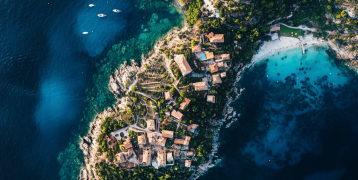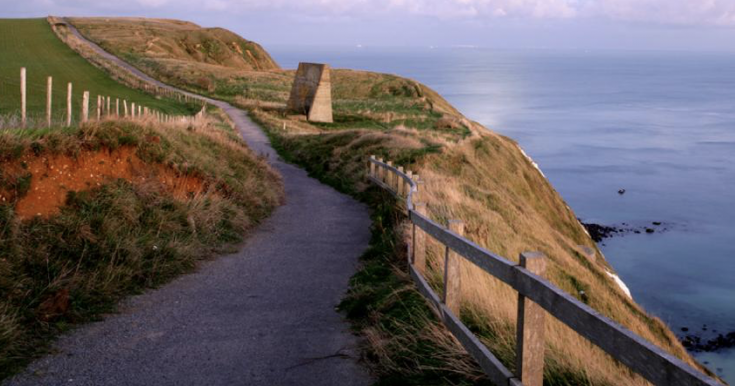E-workshops on islands as testbeds for innovation: key learnings
According to the study Islands of the European Union: State of play and future challenges (EU Parliament, 2021), the challenges facing islands stem largely from geographical isolation and physical disconnection from the continent. Transporting goods and people to and from islands is often more expensive than on the mainland, increasing the cost of living and doing business.
Many islands are heavily dependent on tourism, which can be highly seasonal and sensitive to external shocks such as economic downturns or pandemics. Smaller populations mean limited local markets, which can limit the growth potential of businesses and make it more difficult to attract investment.
They also rely on limited natural resources such as fresh water, arable land and energy, which can increase vulnerability to supply disruptions. Young and educated people often leave for better opportunities elsewhere, reducing the local talent pool and weakening the workforce.
Resources


While these - mostly geographical - challenges provided the backdrop for organising the online event, Fábio AL. Vieira (Autonomous Region of the Azores, Portugal) showed that these geographical challenges, combined with historically delayed development, especially in the outermost regions, lead to comparatively weak innovation performance at European level: all outermost regions are emerging innovators, the lowest level in the European Innovation Scoreboard.
While new technologies offer opportunities to catch up, cultural and institutional factors are often less favourable to innovation and entrepreneurship than in mainland innovation hubs. Critical mass issues cannot be fully compensated by technological factors.
In view of the above challenges, capacity building in all parts of local innovation ecosystems (policy, research and higher education, business, society) is an important part of innovation strategies, as the examples of the Azores and Malta show.
Transnational networks, such as the S3 Community of Practice or Interreg Europe, play an important role in speeding up capacity building in policy making, but also in developing more agile innovation systems capable of seizing opportunities within a given strategic framework. The use of EU funds such as I3 is very important here.
But the private sector also needs to increase its innovation capacity, both at strategic and operational levels. Traditional local industries are often still somewhat risk-averse when it comes to investing in R&D activities, sometimes linked to cultural factors and the fact that societal developments have historically reached island populations with some delay.
However, while institutions of all kinds must contribute to efforts to build stronger innovation ecosystems, people remain at the heart of island transformation. The human factor may be even more important on islands than on the mainland.
Islands are fertile ground for sustainability and blue economy innovation due to their isolation, resource constraints, vulnerability to climate change and marine-based economies. Their unique challenges drive creativity, while their smaller scale facilitates controlled implementation and testing.
For example, islands are often not connected to continental electricity grids, making them early adopters of renewable energy micro-grids and battery storage systems. Tourism-dependent islands are increasingly adopting sustainable practices to attract eco-conscious visitors, spurring innovation in waste management, renewable energy and green hospitality.
Scarcity of freshwater, arable land and energy often forces islands to develop and adopt innovative solutions for resource efficiency, such as circular economy models for waste and resource management.
These innovations are not only vital to the survival and prosperity of islands, but also serve as scalable models for global sustainability efforts.
Such initiatives have the potential to attract SMEs, who want to test their product or service, as well as further private and public investments in R&D. They also offer the opportunity to take part in transnational networks of such living labs/testbeds offering a coordinated offer/access to test infrastructures.


